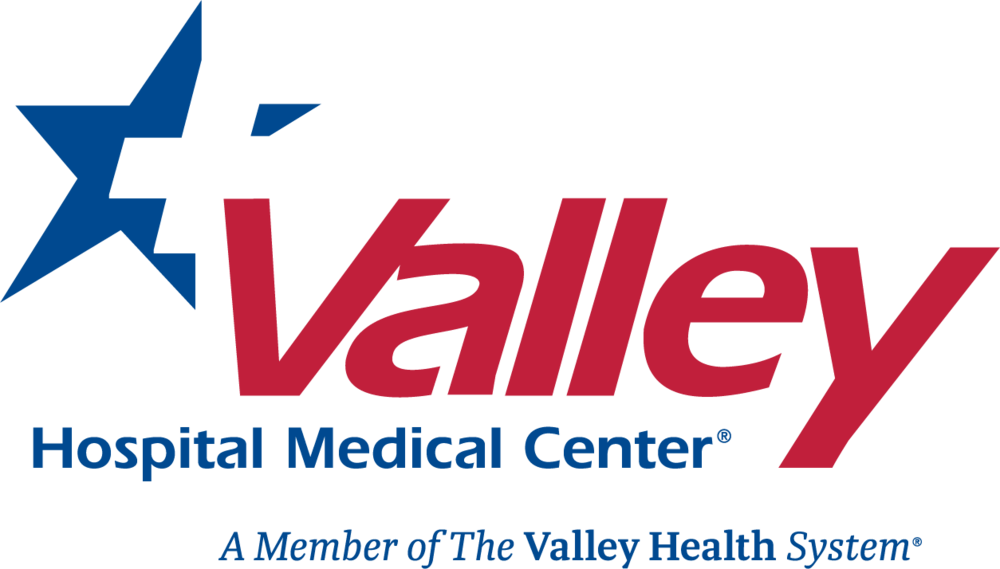Advanced Neurology Care at Valley Hospital
Valley Hospital Medical Center offers a comprehensive range of neurological services, including the diagnosis and treatment of stroke. Our services include stroke treatment, minimally invasive treatments for aneurysms and other complex neurological procedures. We also offer neurosurgery, acute rehabilitation and advanced therapeutic care.
Need a neurologist?
For a free referral, call 702-388-4888 or search for a physician online.
Neurology Services
Interventional radiology
Within our biplane angiography suite, a team of healthcare specialists perform specialized diagnostic and therapeutic procedures. The procedures are designed for patients who have complex aneurysms, richly vascularized brain tumors and many other neurological conditions.
Other procedures include:
- Angiography
- Angioplasty
- Arteriovenous malformation (AVM)
- AV fistula
- Carotid artery angioplasty stenting
- Cerebral angiography
- Embolizations
- IVC filter placement
- Kyphoplasty
- PICC line chemotherapy ports
- Thrombolytic therapy
- Uterine fibroid embolization
Neurological surgery
A multidisciplinary team of surgeons, anesthesiologists and other healthcare professionals perform surgeries involving the nervous system, including:
- Removal of brain tumors
- Brain hemorrhages
- Brain aneurysms
- Spine surgery
What is a stroke?
A stroke occurs when the blood vessels that supply blood to the brain are blocked or ruptured. This causes decreased blood flow to the brain. Stroke is the fifth leading cause of death and a leading cause of disability in the US.
There are different types of stroke. When a clot completely blocks the flow of blood to the brain, it is called an ischemic stroke. A hemorrhagic stroke occurs when a blood vessel ruptures and cannot send blood to the brain. A TIA (transient ischemic attack), also called a mini stroke, occurs when one or more blood clots temporarily block blood flow.
Our Stroke Response Team is immediately deployed to evaluate and treat stroke emergencies. Our team-based approach provides streamlined treatment and services that can help improve patient outcomes. Your team may include emergency physicians and nurses, neurologists, neurosurgeons, radiologists, registered nurses, physical therapists, speech therapists and case managers.
Within hours of your initial diagnosis, you’ll get a designated stroke care plan to help ensure the best possible outcome. When you are ready for discharge, case managers help arrange any rehabilitation services needed to help you continue your recovery.
Staff in the Emergency Department will administer acute stroke medications to try to stop a stroke while it is happening. Ischemic stroke, the most common type of stroke, is treated with the 'clot-busting' drug known as tPA. The drug must be given to patients about four hours after the onset of stroke symptoms, and preferably sooner.
Reduce your risk of stroke
Remember, about 80 percent of strokes are preventable. The best way to keep your brain healthy is to avoid a stroke in the first place. Some ways to help prevent this condition are to do the following:
- Keep your blood pressure controlled through lifestyle changes and/or medications
- Don't smoke – or stop smoking
- Take steps to manage your cholesterol
- Limit your alcohol consumption
- Exercise regularly
- Maintain a healthy weight
Signs of possible stroke? Act fast.
When a stroke strikes, every second matters. As time elapses, damage to the brain can be more severe. Learn to BE FAST if you think you or a loved one is having a stroke.
BALANCE – Does the person have a sudden loss of balance or coordination?
EYES – Has the person lost vision in one or both eyes or have they had sudden double vision?
FACE – Ask the person to smile. Does one side of the face droop?
ARMS – Ask the person to raise both arms. Does one arm drift downward?
SPEECH – Ask the person to repeat a simple phrase. Is it slurred or strange?
TIME – Time is critical! If you see any of these signs, call 911 immediately.
If you or someone you're with has any symptoms, call 911 or head to an emergency department.
Awards
Valley Hospital is the first hospital in Nevada to offer a neurology residency program approved by the Accreditation Council for Graduate Medical Education (ACGME).
Sources: American Stroke Association, CDC
